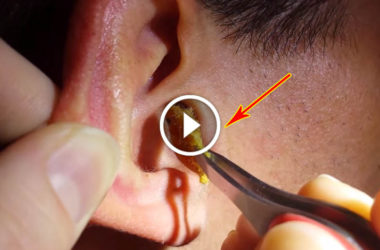Do you have a loved one who is diagnosed with Alzheimer’s disease? You may be wondering why he or she is behaving differently near the end of the day, particularly during late afternoon or early at night. This is called sundowning. Also known as sundown syndrome or late-day confusion, it’s one of the many symptoms of Alzheimer’s disease and dementia. Experts say that even an elderly who does not exhibit dementia may also have sundowning.
Restless, agitated, irritable, suspicious, confused, demanding — these are some of the indicators that someone is sundowning. He or she may also scream, have mood swings, and even hear or see things that are not there. Experts are not really sure why sundowning happens, although they believe that it has something to do with the disintegration of a person’s body clock, which is very much likely to be caused by dementia.
It is said that 1 out of 5 people suffering from Alzheimer’s disease have sundowning. Because it’s something that happens when it’s late in the afternoon or early at night, it is apparent that light is the trigger. When available light dwindles and more shadows are cast inside the home, it is very much likely for a person with Alzheimer’s disease to start exhibiting sundowning. The likelihood of sundowning is increased by tiredness, thirst, hunger, pain and depression.
If you are living with a loved one who is diagnosed with Alzheimer’s disease, it can be tiring and frustrating to give care most especially at the end of the day when sundowning happens. This is pretty much normal. It’s important to take note of how you wish to express or manage your emotions in order to save the person from feeling upset. The following are some simple tips on how sundowning can be reduced:
- Limit triggers. Be observant and look for some of the things that seem to trigger sundowning. Is it the room being too dark? Is it the temperature being too low? Look for these triggering factors and try your best to reduce or eliminate them.
- Don’t serve sweets or caffeinated drinks. Allow your loved one to please his or her sweet tooth or have coffee in the morning only. If you allow him or her to have sweets or caffeinated beverages in the afternoon, it’s very much likely for sundowning to be triggered.
- Provide a small meal at night. Refrain from giving a person with Alzheimer’s disease a big meal at night. Those excess sugar and carbohydrates can cause sundowning to strike. Serve a big meal at lunch and opt for a small meal in the evening.
- Never let your loved one smoke or drink. Smoking and drinking is bad for everyone, and this is most especially true for the elderly. Cigarettes and alcohol can make sundowning worse, so never allow your loved one to have them.
- Ensure a good night’s sleep. Lack of sleep can cause sundowning, and this is why it’s so important for someone who has Alzheimer’s disease to get enough sleep at night. Keep your loved one from taking long naps most especially in the late afternoon. Also, exercising is a no-no at least 4 hours before bedtime.
- Observe silence. Loud noises can trigger sundowning, and that’s why you should instruct visiting family members and friends to keep it down, especially when they’re dropping by in the late afternoon or evening.
- Adhere to a schedule. Drastic changes in schedules can make a loved one with Alzheimer’s disease to feel agitated. It is for this reason why routines should be performed at the same time every single day. If certain changes have to be made, do so gradually.
- Keep your loved one’s stress levels low. One of the triggers of sundowning is stress, and that’s why you should provide him or her with a relaxing environment. Play soothing music or hand an interesting reading material. You may also spend playing card games or doing arts and crafts with your loved one.













